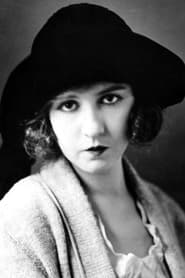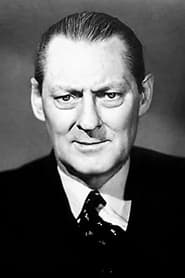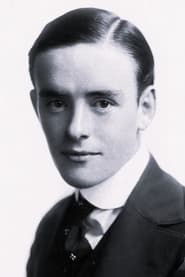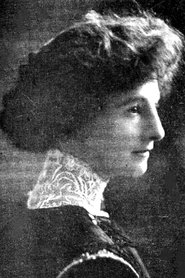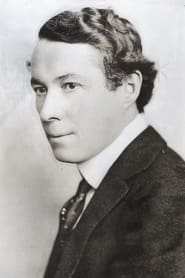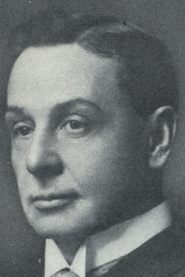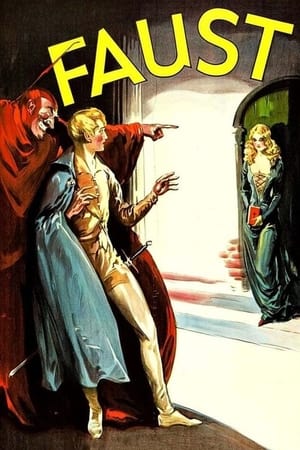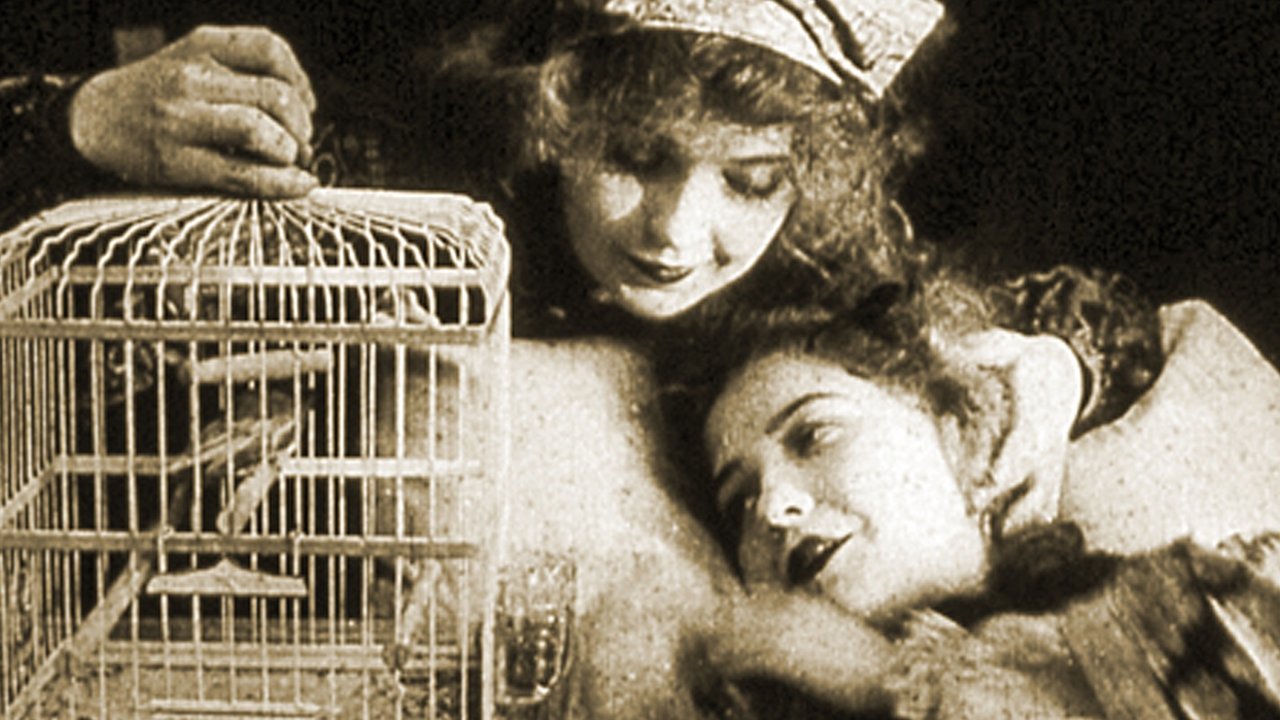
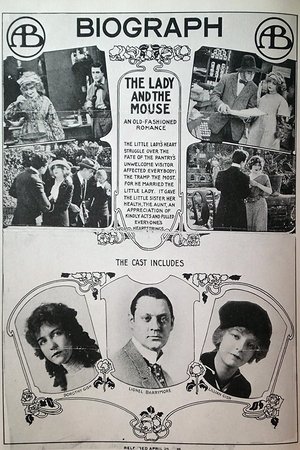
The Lady and the Mouse(1913)
The question is, would the young tramp really have fallen in love with the groceryman's daughter if he had not caught her in the heart struggle? Be that as it may, she could not find it in her to drown the unwelcome visitor to the pantry, so she let it go and the silent little drama witnessed by the tramp greatly impressed him. Not so the strict aunt, she declared the whole thing to be in exact accordance with everything else in the family. Their hearts ran away with their heads. That was why they lost money on credit, could not pay off the mortgage and send the sick sister to a better climate. As for the tramp, they had no business to take him in. He could not pay for his keep. But the tramp surprised them all.
Movie: The Lady and the Mouse
Top 10 Billed Cast
The Second Rival
The Garden Party Flirt

The Lady and the Mouse
HomePage
Overview
The question is, would the young tramp really have fallen in love with the groceryman's daughter if he had not caught her in the heart struggle? Be that as it may, she could not find it in her to drown the unwelcome visitor to the pantry, so she let it go and the silent little drama witnessed by the tramp greatly impressed him. Not so the strict aunt, she declared the whole thing to be in exact accordance with everything else in the family. Their hearts ran away with their heads. That was why they lost money on credit, could not pay off the mortgage and send the sick sister to a better climate. As for the tramp, they had no business to take him in. He could not pay for his keep. But the tramp surprised them all.
Release Date
1913-04-26
Average
0
Rating:
0.0 startsTagline
Genres
Languages:
No LanguageKeywords
Similar Movies
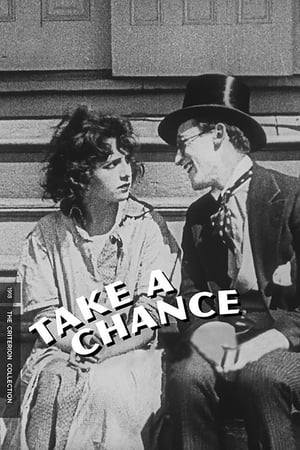 6.0
6.0Take a Chance(en)
It's a classic boy-meets-girl story, boy-loses-girl, boy gets mistaken for an escaped convict and ruthlessly chased by armies of cops across the countryside in a thrill-packed stunt-addled climax.
The Alchemistic Suitcase(en)
A nervous and unsettling young boy takes a mysterious old suitcase across London... to a twisted and surreal conclusion.
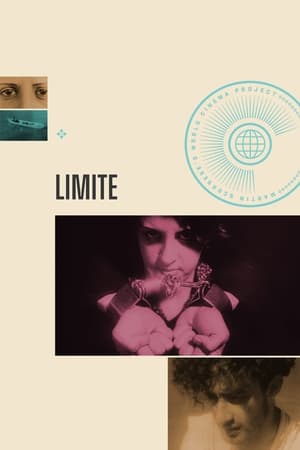 7.1
7.1Limite(pt)
Adrift in the vast expanse of the ocean, a solitary boat carries three castaways—a man and two women. Stranded and devoid of any glimmer of rescue, they find solace in recounting the tales of their lives to one another. As they delve into their personal narratives, reminiscing about the circumstances that led them to this desolate predicament, they navigate through the depths of three distinct destinies. Bound by the confines of their shared space, every aspect of their existence becomes a boundary, underscoring their plight.
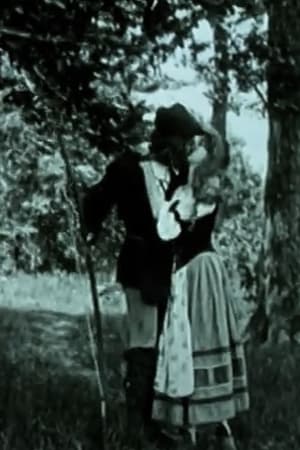 5.0
5.0Robin Hood(en)
Robin Hood is a 1912 film made by Eclair Studios when it and many other early film studios in America's first motion picture industry were based in Fort Lee, New Jersey at the beginning of the 20th century. The movie's costumes feature enormous versions of the familiar hats of Robin and his merry men, and uses the unusual effect of momentarily superimposing images different animals over each character to emphasize their good or evil qualities. The film was directed by Étienne Arnaud and Herbert Blaché, and written by Eustace Hale Ball. A restored copy of the 30-minute film exists and was exhibited in 2006 at the Museum of Modern Art in New York City.
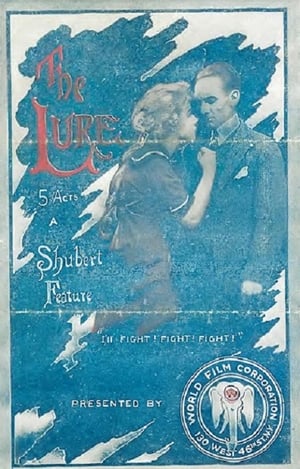 1.0
1.0The Lure(en)
Charlotte Baker is drugged and taken to a brothel by Paul, her fiance, who in reality is a pimp. To find her, Charlotte's family contacts the celebrated detective Bob Macauley.
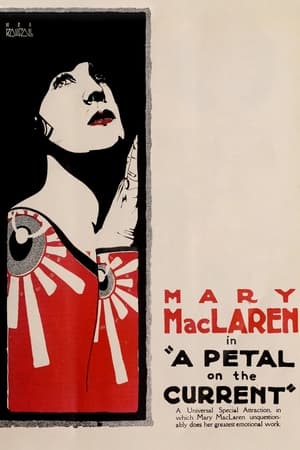 0.0
0.0A Petal on the Current(en)
A shop girl finds herself disgraced after being pressured into drinking too much at a party and getting arrested for public drunkenness.
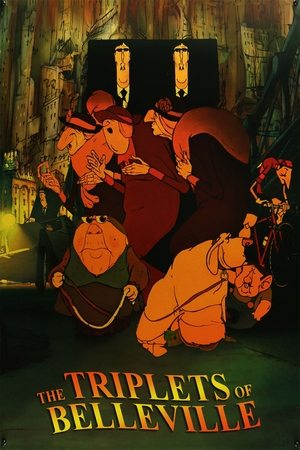 7.4
7.4The Triplets of Belleville(fr)
When her grandson is kidnapped during the Tour de France, Madame Souza and her beloved pooch Bruno team up with the Belleville Sisters—an aged song-and-dance team from the days of Fred Astaire—to rescue him.
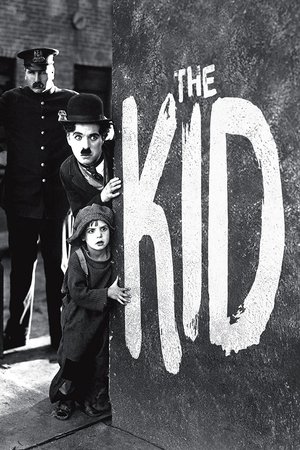 8.2
8.2The Kid(en)
A tramp cares for a boy after he's abandoned as a newborn by his mother. Later the mother has a change of heart and aches to be reunited with her son.
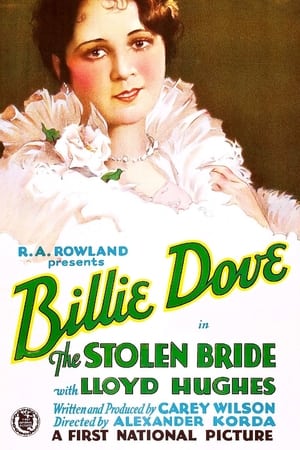 0.0
0.0The Stolen Bride(en)
The daughter of a count and the son of a shoemaker, both Hungarian, fall in love in America. As they're about to marry, the young woman is called back to Europe. When her betrothed goes after her, difficulties ensue.
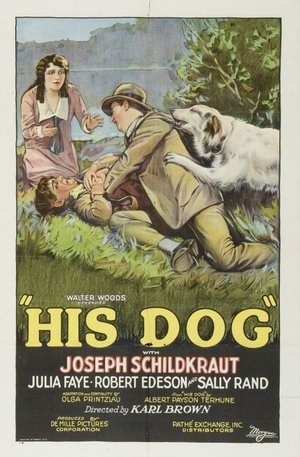 0.0
0.0His Dog(en)
Peter Olsen, a young social outcast who lives alone on a rundown farm and raises vegetables for a living, finds his only consolation in liquor, though Dorcas Chatham, daughter of the general store owner, begs him to forego this indulgence. Returning from town, he finds a dog by the roadside, apparently injured by a car, and takes it home. Later, on a drunken spree, Peter is attacked by robbers, but the dog comes to his rescue and frightens the assailants away. Stirred by the unselfish devotion of his dog, Peter gradually regains his self-respect, and Dorcas falls in love with him and accepts his proposal, though she fears the dog. When Peter enters the dog in a show, another exhibitor proves to be its owner, and Peter is first parted from, then reunited with, "his" dog. Dorcas overcomes her fear and is united with Peter.
The Tender Hour(en)
Marcia Kane, daughter of an American capitalist, is persuaded by her father to marry the expatriated Russian Grand Duke Sergei, and believing Wally, her real love, to be dead, she consents. Discovering after the ceremony that her father has tricked her, Marcia vows to be the duke's wife in name only, though she refuses Wally's proposal that she go away with him.
 0.0
0.0The Moth and the Flame(en)
A bride who discovers during her wedding ceremony that her husband-to-be has fathered a child out of wedlock with another woman.
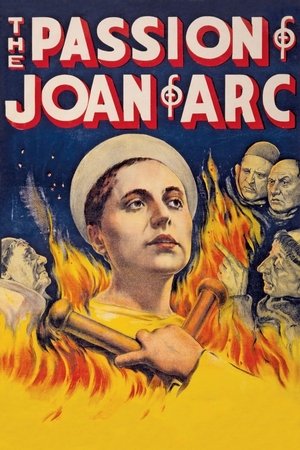 8.0
8.0The Passion of Joan of Arc(fr)
A classic of the silent age, this film tells the story of the doomed but ultimately canonized 15th-century teenage warrior. On trial for claiming she'd spoken to God, Jeanne d'Arc is subjected to inhumane treatment and scare tactics at the hands of church court officials. Initially bullied into changing her story, Jeanne eventually opts for what she sees as the truth. Her punishment, a famously brutal execution, earns her perpetual martyrdom.
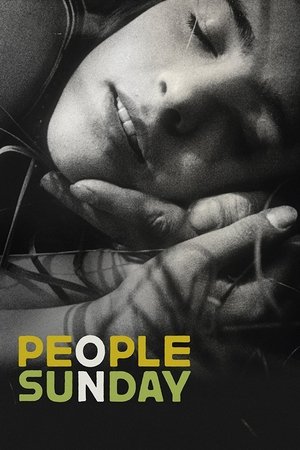 7.2
7.2People on Sunday(de)
A semi-documentary experimental 1930 German silent film created by amateurs with a small budget. With authentic scenes of the metropolis city of Berlin, it's the first film from the later famous screenwriters/directors Billy Wilder and Fred Zinnemann.
 0.0
0.0The Block Signal(en)
Joe Ryan, a veteran train engineer, is demoted to a flagman position after a disastrous crash-- one caused by his cowardly and opportunistic partner. Though Ryan's failing eyesight is named as the cause of the crash, he's undeterred as he designs an automatic braking invention.
Wings of Youth(en)
Mrs. Katherine Manners loves her three grown daughters who are in boarding school. When she plans a party for them at home, they phone from the school that they cannot come because they are too busy. But she hears the sounds of a party in the background, so she goes to the school where she finds her daughters with young men. She is told that two of the daughters plan to be married, while the third plans to marry Grantland Dobbs as soon as he gets a divorce, and the mother is frightened by this announcement. She goes abroad and returns with a man, gets an apartment at a wealthy center, and lives with him. Her daughters are shocked when the mother entertains guests at drinking parties. When Mrs. Manners proves to her daughters that their fiancées are not respectable, she reveals to them that she was acting a part just to prove to them that she was right about their chosen mates. She reveals that the man she was living with was her cousin.
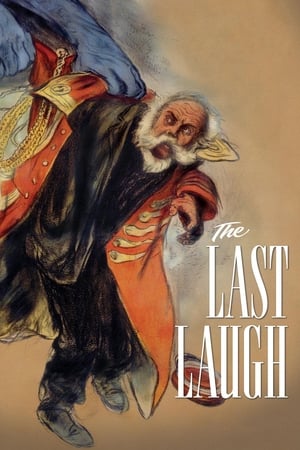 7.8
7.8The Last Laugh(de)
An aging doorman, after being fired from his prestigious job at a luxurious hotel is forced to face the scorn of his friends, neighbours and society.
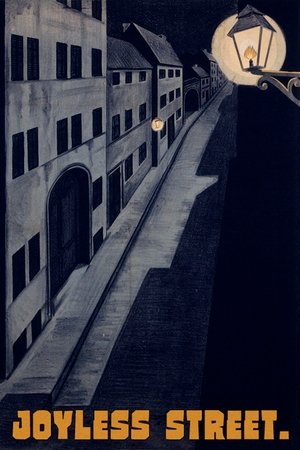 6.9
6.9The Joyless Street(de)
In 1921, we follow two women - Marie and Grete - from the same poor Viennese neighborhood, as they try to better the lives of themselves and their families during the period of Austrian postwar hyperinflation.

